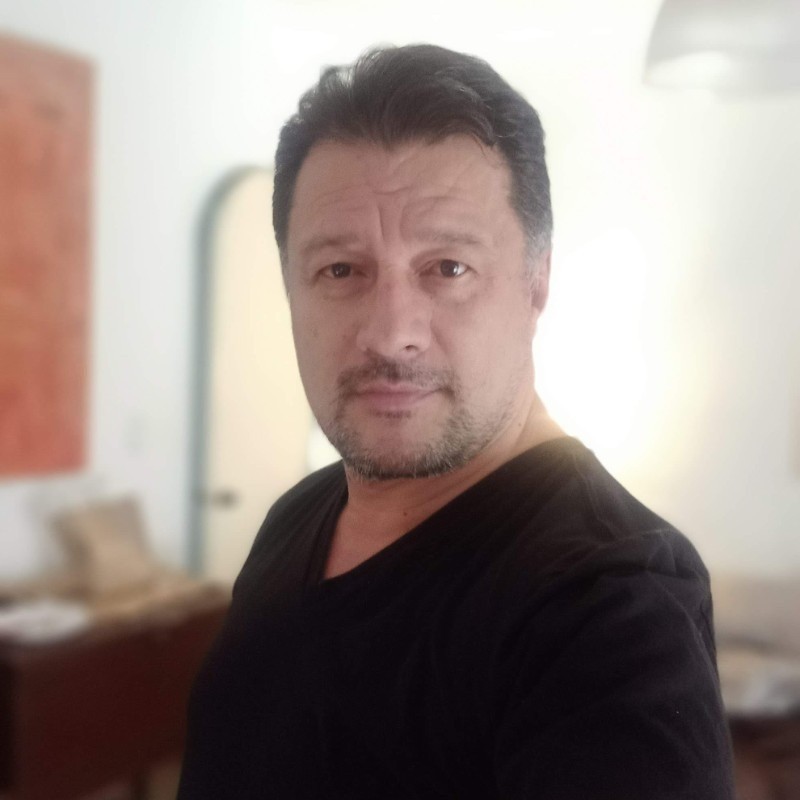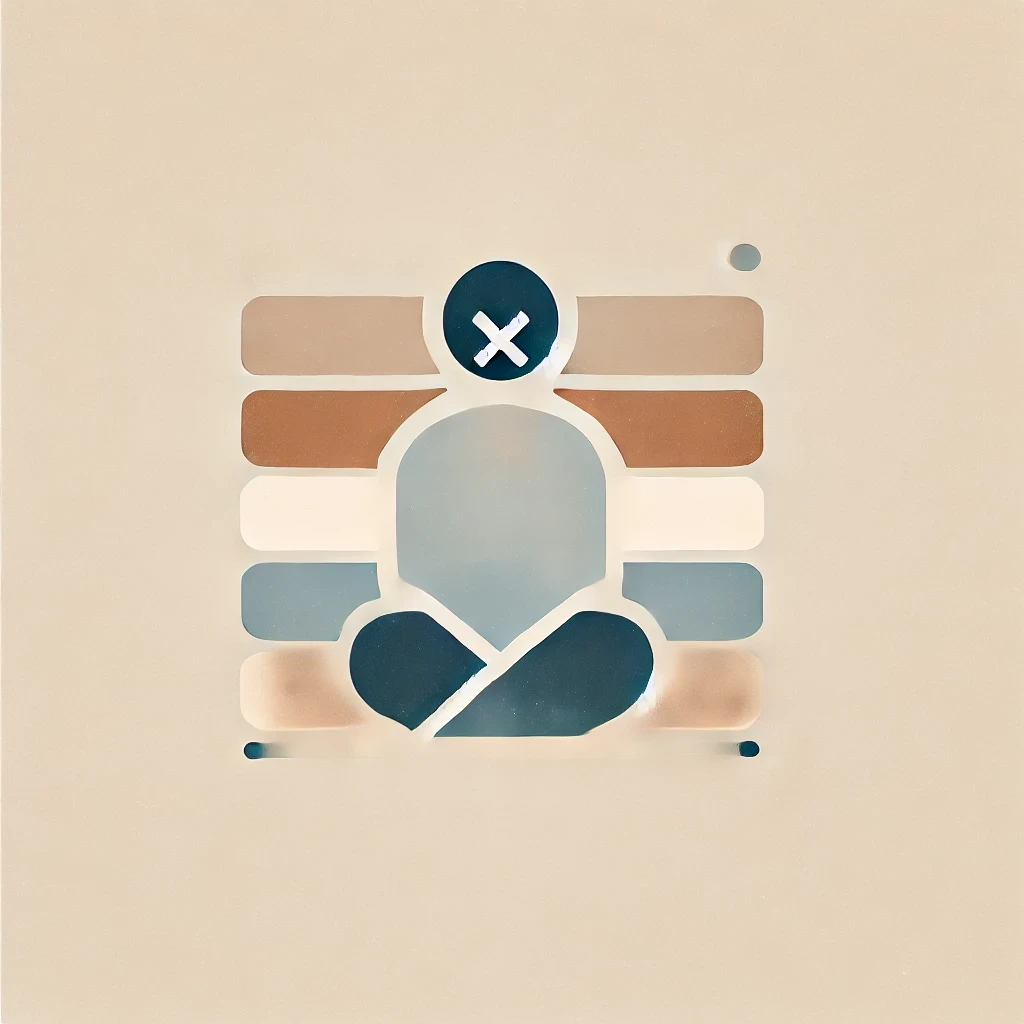
Ernesto Montoya
Oct 23, 2024
Silenced for Speaking Truth: The Censorship of Palestinian Advocacy on Social Media
In today’s world, silence speaks louder than words. As much as social media has provided a platform for marginalized voices, it’s also become a tool for silencing those who speak up against injustice. We see this every day: the shadow banning, the account suspensions, the outright blocking of individuals who dare to challenge the dominant narratives on human rights abuses.
My experience advocating for Palestinian rights on platforms like LinkedIn is a perfect example of this. If you’ve been vocal about it, you know what I’m talking about—posts disappear, engagements mysteriously drop, or worse, you find yourself banned. And for what? For speaking up against war crimes, genocide, and the relentless oppression of an entire people.
I’ve come to the conclusion that if I’m not getting blocked more often, I’m probably not pushing hard enough. The more I witness, the more I realize that standing in true solidarity with oppressed peoples means being willing to make noise—even if it means you get silenced in return.
The Double Standard of Social Media Platforms
When we talk about human rights, the conversation inevitably drifts toward the hypocrisy embedded within our global system. How can platforms claim to promote free speech while systematically shutting down those who use that very freedom to challenge injustice?
We’ve all seen it: the double standard where certain voices are amplified and others are drowned out. If you support a cause that aligns with Western interests or certain political agendas, your voice is celebrated. But dare to question the atrocities committed by powerful states like Israel, and suddenly, you’re crossing the line. Your posts are flagged, your comments vanish, and your account might get suspended.
This isn’t just my experience—it’s a global phenomenon. Activists, journalists, and ordinary people advocating for Palestinian rights have all felt the wrath of social media’s invisible hand of censorship. But this raises a larger question: Why? Why are these platforms so eager to suppress those of us who speak out for justice? Is it because deep down, they’re serving interests that prefer the status quo?

The Fear of Uncomfortable Conversations
The truth is, powerful institutions fear uncomfortable conversations. When we bring up Palestine, when we talk about the illegal occupation, the apartheid, the war crimes—people start squirming. It’s easier for governments, corporations, and even everyday social media users to ignore the human rights abuses that don’t directly affect them.
It’s this discomfort that leads to the silencing of voices. We are expected to tow the line, to avoid making people uncomfortable, to pretend as if discussing Israel’s brutal treatment of Palestinians is somehow “too political.” But let’s be real—what’s political about human rights? What’s political about standing up for oppressed people, no matter where they’re from?
I refuse to participate in this charade. If my words are making people uncomfortable, then I’m doing something right. If my posts are being flagged or deleted because they challenge the narrative that Israel is somehow a “beacon of democracy,” then I’m clearly pushing the boundaries that need to be pushed.
Hypocrisy in the Face of Atrocity
This brings us to another critical point: the glaring hypocrisy we encounter when speaking out against war crimes, especially when it comes to Israel. Israel’s actions toward Palestinians have been documented as war crimes by numerous international organizations, including Human Rights Watch and Amnesty International. Yet, when we raise our voices to condemn these atrocities, we’re the ones labeled as “extremists” or “anti-Semitic.”
Let’s be clear—criticizing the policies of a state that systematically oppresses millions of people is not anti-Semitic. It’s called standing up for human rights. The fact that we have to constantly clarify this speaks volumes about the lengths to which some will go to deflect accountability.
But why is it that some war crimes are met with international outrage, while others—like the indiscriminate bombing of Gaza or the illegal settlements in the West Bank—are shrugged off? It’s because we live in a world where power, not justice, dictates the terms of engagement. The U.S. and other powerful nations have vested interests in Israel, so they turn a blind eye to its war crimes while demonizing anyone who dares to speak out.
The Cost of Speaking Up
The cost of speaking up about these issues is high, but it’s one I’m willing to pay. I can’t tell you how many times I’ve been blocked, censored, or ignored for raising my voice against the violence inflicted on Palestinians. Each time it happens, I’m reminded that true solidarity requires sacrifice. If you’re not willing to put yourself on the line for the truth, then what are you really standing for?
I’ve lost connections, I’ve had posts taken down, and I’ve even been threatened. But if we’re not willing to risk these things, what are we fighting for? The truth is worth the cost. Human rights are worth the cost. Palestinian lives are worth the cost.
The real tragedy is that so many people remain silent. They fear the backlash, the discomfort, the consequences of speaking out. But silence is complicity. When we fail to speak out against injustice, we are endorsing it by default.

Social Media: A Tool for Justice or Censorship?
Social media should be a tool for justice. It should be a platform where voices from the margins can be heard, where we can hold power to account. But increasingly, it’s becoming a space where dissent is not tolerated, especially when it comes to the Palestinian cause. The algorithms that govern these platforms are biased. They are programmed to suppress narratives that don’t align with the interests of the powerful.
This is why it’s so important to keep pushing, to keep speaking out, even when it feels like no one is listening. Every post, every comment, every bit of engagement chips away at the wall of silence. Even if we don’t see the immediate results, we are contributing to the larger movement for justice.

The Future of Advocacy in a Censored World
So, what does the future hold for those of us who refuse to be silent? I believe that as long as we remain committed to the truth, we will continue to make progress. It may be slow, it may be difficult, but the arc of history bends toward justice. We can’t afford to give up just because the road is hard.
We need to keep using social media to its fullest potential. Yes, it’s flawed. Yes, it’s biased. But it’s also one of the few tools we have to reach a global audience. We must adapt, innovate, and continue to find ways to amplify our message, even in the face of censorship.
A Call to Action
If you’re reading this and you’ve been hesitant to speak up for Palestine—or any other cause—let this be a call to action. Your voice matters. Every time we raise our voices, we inch closer to justice. It’s not enough to be silent in the face of oppression. We have to make noise. We have to cause discomfort. We have to demand change.
If my words aren’t stirring the pot, then I’m not doing enough. If my posts aren’t making people uncomfortable, I’m not speaking loudly enough. And if I’m not getting blocked more often, well, maybe I need to be even bolder.
Human rights aren’t up for debate. Justice isn’t something we can afford to compromise on. So let’s keep speaking up, let’s keep challenging the status quo, and let’s keep pushing until the world has no choice but to listen.
